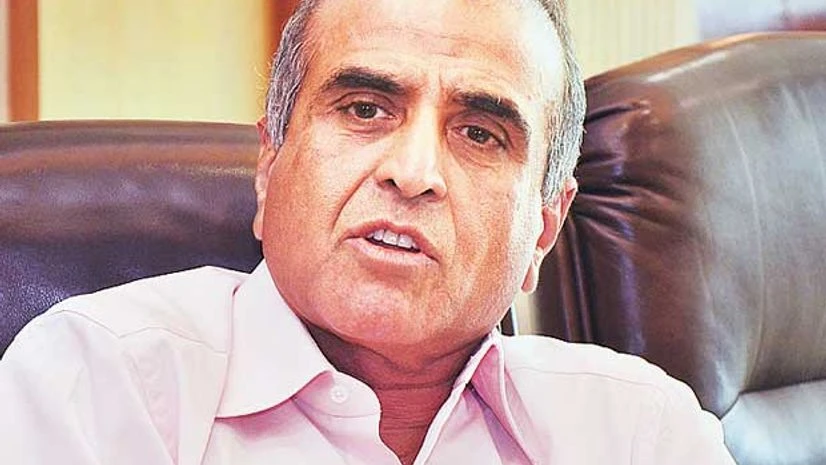At the India Economic Summit, organised by the World Economic Forum and Confederation of Indian Industry here, Bharti Enterprises chairman Sunil Mittal said he saw a lot of stress in the jobs area.
Quoting figures from the International Monetary Fund, he said world growth would be three per cent this year only because emerging markets were still growing. "It's not only low growth but jobless growth, a serious concern," he said.
For India, he said the other competing factor was anti-globalisation and deep depression. Mittal said he was glad the government had taken upon itself to introduce the trade facilitation agreement in services at the World Trade Organization. "I am personally working with the WTO director-general on that. There is a large section which is going to oppose that," he said.
India has to worry about workers getting global jobs in those countries, he said. "There would also be lots of opportunities which one can do from here, and even there you hear both Clinton and Trump saying we will bring back jobs into US. We need to worry about it."
He said artificial intelligence was becoming real and would lead to massive destruction of jobs in many areas.
Paytm chief executive Vijay Shekhar Sharma said technology would create jobs in areas which were underserved. Technology is creating an opportunity for a person who do not have a customer in front of him. "In my theory, first it will create jobs in sectors where there are not enough supplies and where consumption is not sufficiently being offered. It is creating opportunities for villagers who are creating something, and opportunity to sell it to a person who is far away," he said.
However, in areas such as the airline industry, checking counters wont be needed, Sharma said. So, it will take jobs in certain sectors.
Experts also argued that with an estimated million entering the labour market each month, job creation is arguably the biggest challenge before the government. But, there is a huge gap between the skill set of individuals entering the job market and those desired by companies.
“We have very little clarity about what types of skills are needed said Manish Sisodia, deputy chief minister of Delhi. “Our view when it comes to skilling is very limited. We think of it in terms of carpenters and welders. We need to clearly spell out the vision for skilling.”
Sergio Picarelli of the Adecco Group agreed, saying “the distance between schools and labour market is getting bigger”. These concerns were echoed by Akshay Kothari, managing director, LinkedIn India, who said “college students are getting a degree but not jobs”.
The focus should, thus, be on ensuring that individuals are endowed with the right kind of skills, which need to be regularly updated. “Much of India’s competitiveness today is based on low-cost labour but labour costs will rise. Thus, flexibility is important,” said Picarelli. “The focus should thus be on skilling. In Europe, companies spend a percentage of an employee's salary on skilling.”
Where will jobs come from? With manufacturing becoming increasingly less labour-intensive, which sectors will drive job creation in India?
Shikha Sharma, managing director, Axis Bank, contended that sectors like banking are likely to become less employment intensive but there is tremendous opportunity in others like information technology, business process outsourcing and tourism, especially health tourism
Ananth Narayanan of Myntra said technology was an enabler for job creation. The e-commerce sector practically didn't exist five-six years ago but has transformed the retail sector in India. “Myntra alone employs about 2,000 people in the technology space but about 8,000 people in the service delivery segment. Flipkart and Amazon have also created many jobs. They have also given small enterprises a platform to reach out to new consumers. Myntra has a private fashion label which has also created many jobs in textiles,” he said. Thus, it is possible that the second-order effects on job creation are likely to be immense.

)
